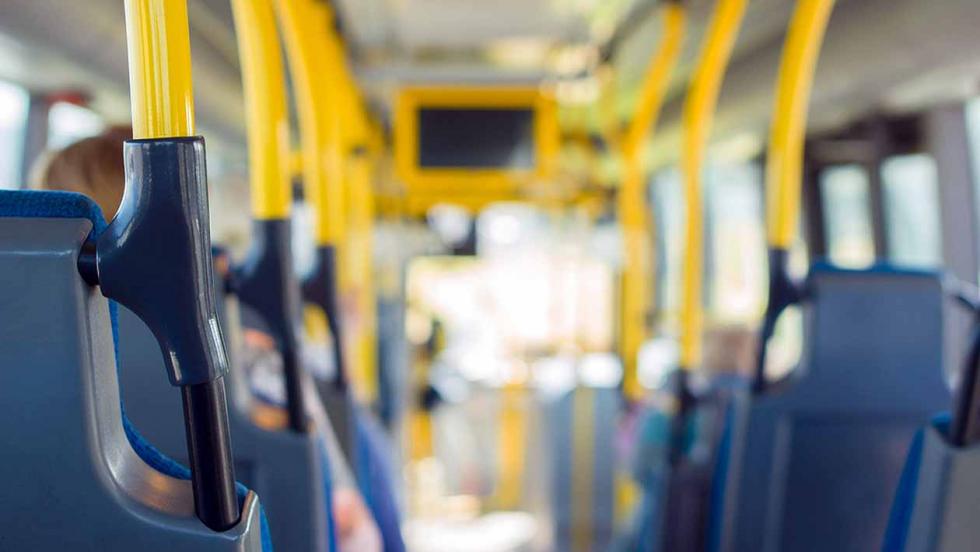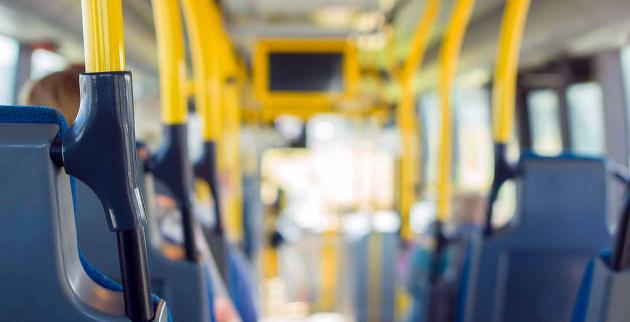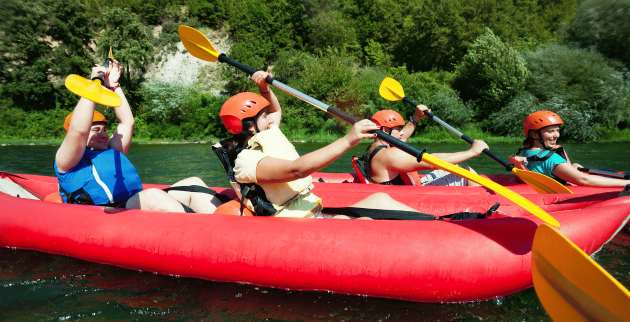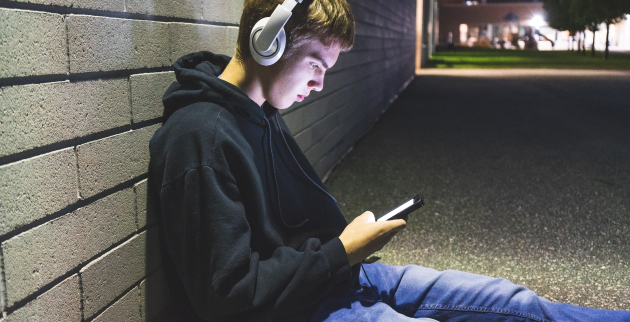Transport

As children grow up, they start to travel to places on their own. This is called independent travel. Independent travel is a key skill.
To travel safely, be prepared.
- Check your route and method of transport
- Have a clear plan and know what to do if plans change
- Agree your plan with your parent or carer
Walking
There are lots of benefits to walking. It gives you time to relax, unwind and listen to music or audiobooks. It is exercise, and helps keep you fit, especially if you walking quickly.
Walking is also a great way to get to know your local area.
Crucial: When you're out walking make sure you are safe, at any time of day.
Public transport
Public transport includes trains, buses and coaches. There are often discounts for young people on some routes and services, it is always worth checking.
Crucial: If you have a permanent disability, or a disability that is expected to last at least 12 months, then you may be able to apply for a Disabled Person's Bus Pass. Check eligibility and find out how to apply on the Oxfordshire County Council website.
If you are deaf, hard of hearing or visually impaired, Journey Assistance Cards are available from Stagecoach or Oxford Bus Company.
Buses
Buses are available on many routes in Oxfordshire. They are cheap, convenient, and good for the environment.
Crucial: Younger travellers can often get discounts from their local bus company, for example the Get Around card allows under 18s to only pay a £1 flat fare (single) on any Oxford Bus Company or Thames Travel service within the cityzone.
Trains
Trains are a popular choice for longer journeys and commuting.
How to plan a journey by train:
- Go to National Rail Enquiries
- Enter your journey details
- Click on Go
If travelling alone or after dark, you may feel safer near the driver or with other people.
Crucial: Always know when your last train or bus leaves, and have a plan ready (for example: money for a taxi, or someone you can call for a lift) in case there are delays.
Taxis and minicabs
Taxis can be hailed in the street, or from a Taxi stand.
Minicabs need to be pre-booked. You must book them by phone or using an app.
All taxis and minicabs in Oxfordshire must be registered and licensed with your District Authority.
Licensed taxis have plates, a fare meter, and the driver should also display their ID and License in a place visible to passengers.
Crucial: Never accept a ride or lift from a taxi if it does not have Taxi plates.
All taxi and minicab drivers have to pass an extra driving tests and learn about safeguarding their passengers before they are licensed. This is to help protect children and adults.
Crucial: If you are worried about a taxi driver, you should tell a trusted adult as soon as possible, and if possible save details of their taxi number or number plate so they can be reported.
You can find lists of local Taxi firms and locations of taxi ranks on your District Council website.
Independent travel for people with SEN
Young people with special educational needs (and their families) may feel more worried about independent travel. But learning how to get around is a great way to build confidence. It also helps you get to the places you want to go to and access leisure and learning opportunities.
Some people like to wear visible signals that they may need a bit more support, such as the Hidden Disability Sunflower lanyard. But people who work for public transport are trained to support people with different needs, whether or not they are clearly signalling this.
For those who might need extra support to become confident travellers, support is available to help overcome travel anxiety and build travel capability. You can get a lot of help from family and friends, and there are also schemes and services which provide Independent Travel Training.
Crucial: Your local disability group may offer support to build confidence in independent travel. You can find groups listed on Activities Oxfordshire.
Your local offer belongs to you!
The Local Offer explains support available to children and young people with special educational needs and disability, and to their families. We hope you found this page helpful. If you would like anything changed, updated or added, please use this online form.


